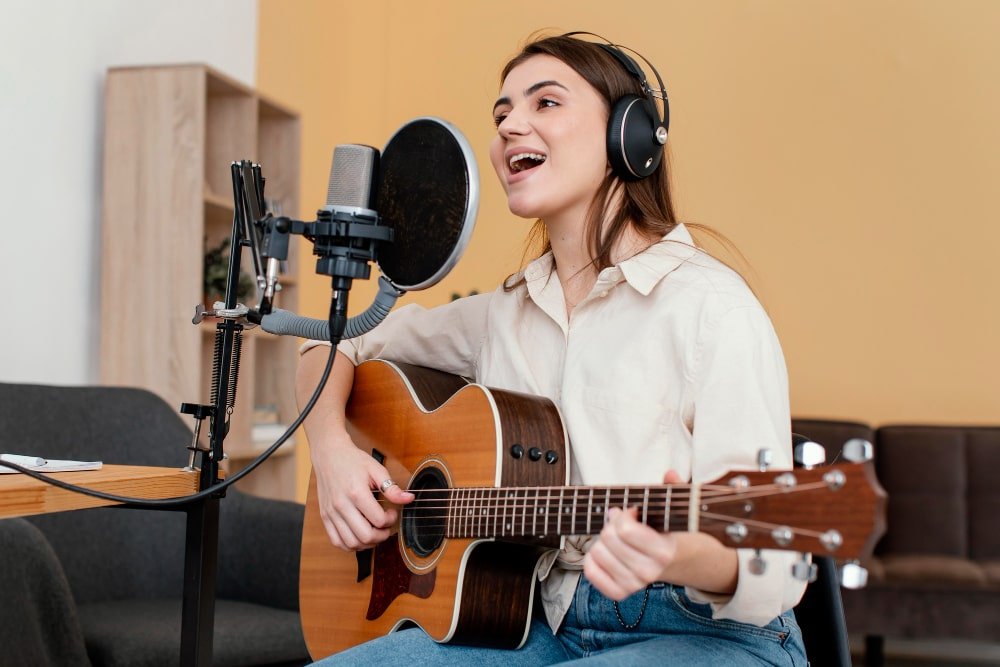No, sleeping is not typically considered a hobby. Hobbies are activities pursued for pleasure during leisure time.
Table of Contents
Sleep is an essential function that allows your body and mind to recharge, leaving you refreshed and alert upon waking. While some people may claim they enjoy sleeping in the same way they enjoy hobbies, sleep does not meet the criteria of a hobby, which involves active engagement in an activity.
Hobbies are usually skills or interests pursued outside one’s regular occupation and are often associated with creative, artistic, or recreational activities. They not only pass the time but also provide a sense of accomplishment. Unlike hobbies, which offer an avenue for personal growth and social interaction, sleep is a passive and involuntary process vital for health and well-being, emphasizing its necessity rather than leisurely pursuit.
Exploring The Concept Of Sleeping As A Hobby

Exploring the Concept of Sleeping as a Hobby stirs a curious mixture of interest and amusement. Often, when we think of hobbies, images of gardening, reading, or cooking dance through our minds. But what about sleep? It’s something we all do, but can closing our eyes and drifting off be more than a basic need—could it be a leisure activity?
Defining Hobbies
To understand if sleeping can be a hobby, we first look at what makes an activity a hobby. Hobbies are activities done regularly in one’s leisure time for pleasure. They are chosen freely and often bring satisfaction and relaxation.
Is Sleeping Considered A Hobby?
So, does sleeping fit the bill? Some argue it does. Those who relish long, undisturbed nights of sleep or enjoy naps might consider it a favorite pastime. Like any hobby, if it brings joy and you engage in it intentionally, why not?
The Science Behind Sleep
Sleep isn’t just a pastime; it’s a biological necessity. Our bodies repair themselves and our brains consolidate memories during sleep. It affects mood, cognitive function, and overall health. It’s a complex process that’s still being explored by scientists.
Benefits Of A Good Night’s Sleep
- Boosts immune system
- Improves memory and learning
- Enhances mood and mental wellbeing
- Regulates appetite and metabolism
- Reduces stress and risk of diseases
Cultivating Healthy Sleeping Habits
Whether or not you view sleeping as a hobby, adopting healthy habits is vital. A consistent sleep schedule, a comfortable environment, and relaxation techniques can all promote better sleep.
Frequently Asked Questions On Is Sleeping A Hobby
Can Sleeping Be Considered A Hobby?
Sleeping is generally not classified as a hobby, as it is a vital biological necessity rather than a leisure activity or interest.
How Much Sleep Do Hobbyists Need?
The amount of sleep needed varies by individual, but adults typically require 7-9 hours per night for optimal health and function.
Does Regular Sleep Improve Hobbies Performance?
Yes, adequate and regular sleep can boost concentration, creativity, and energy levels, thereby enhancing performance in various hobbies.
Why Is Sleep Important For Hobbyists?
Sleep is crucial for hobbyists because it aids in memory consolidation, skill improvement, and recovery, all of which are essential for pursuing hobbies effectively.
What Are The Benefits Of Sleep As A Hobby?
While not a hobby, ample sleep offers numerous benefits, including improved mood, mental clarity, and overall well-being, which indirectly can enrich one’s enjoyment and skill in hobbies.
Conclusion
Embracing sleep as a hobby isn’t just quirky – it’s a nod to health. Observing its benefits, we validate our body’s need for rejuvenation. Whether you categorize sleep under hobbies or essentials, its impact is undeniable. Prioritize rest, and watch your overall well-being flourish.
Let’s not merely sleep, but celebrate restorative slumber with the zeal of a hobbyist.




